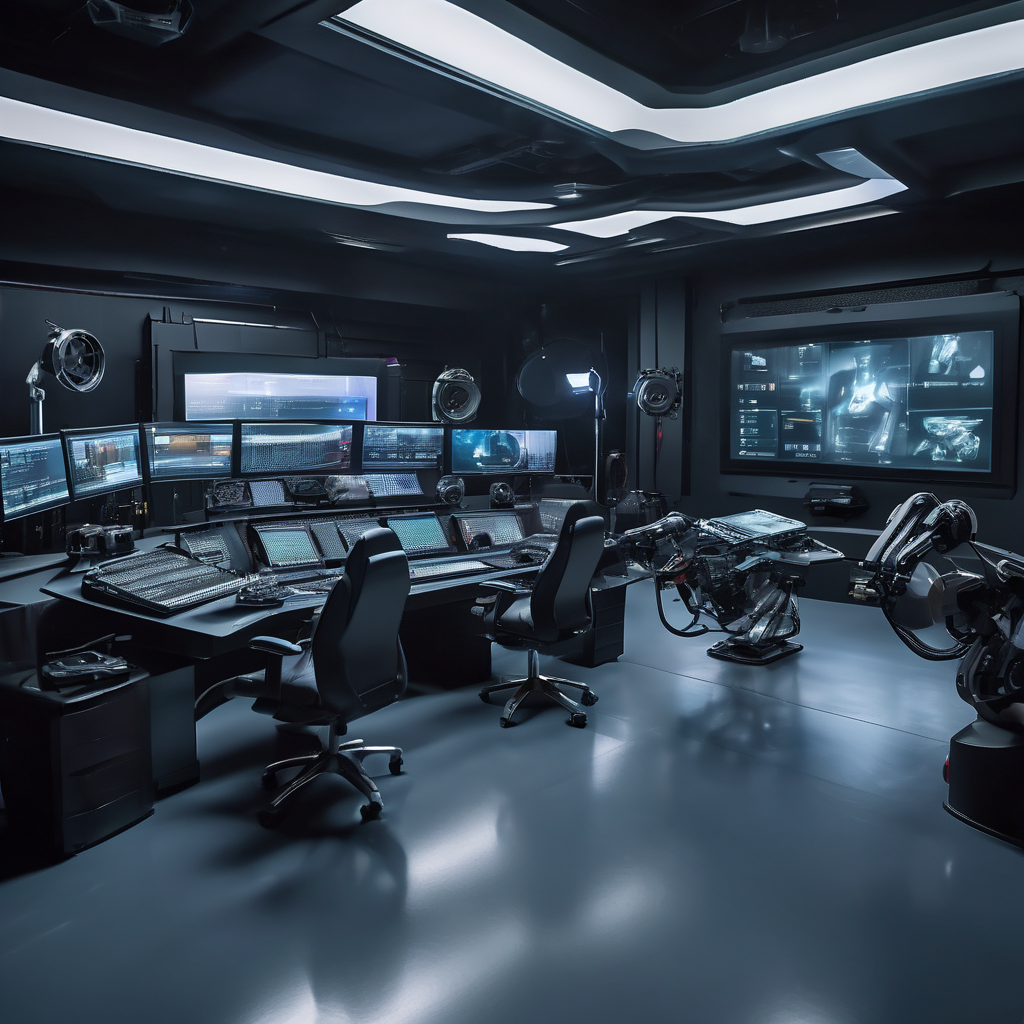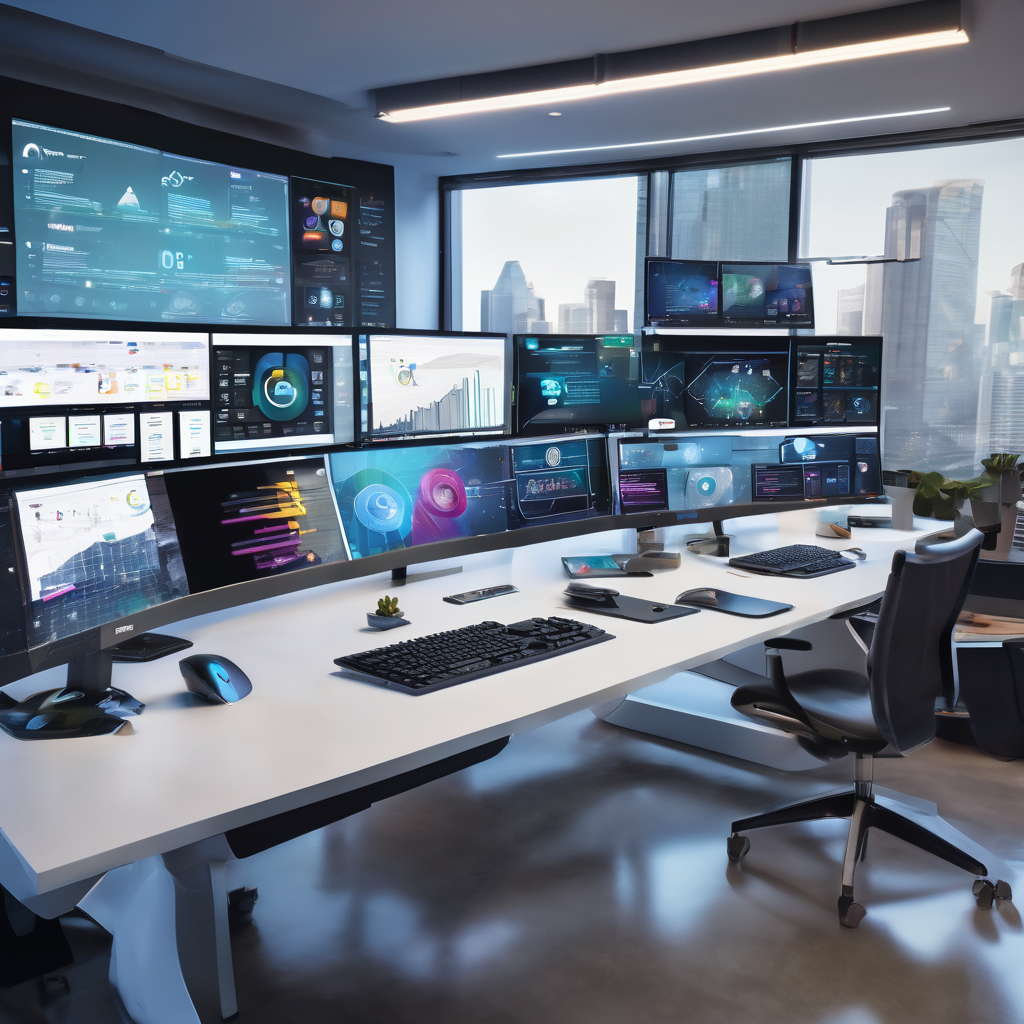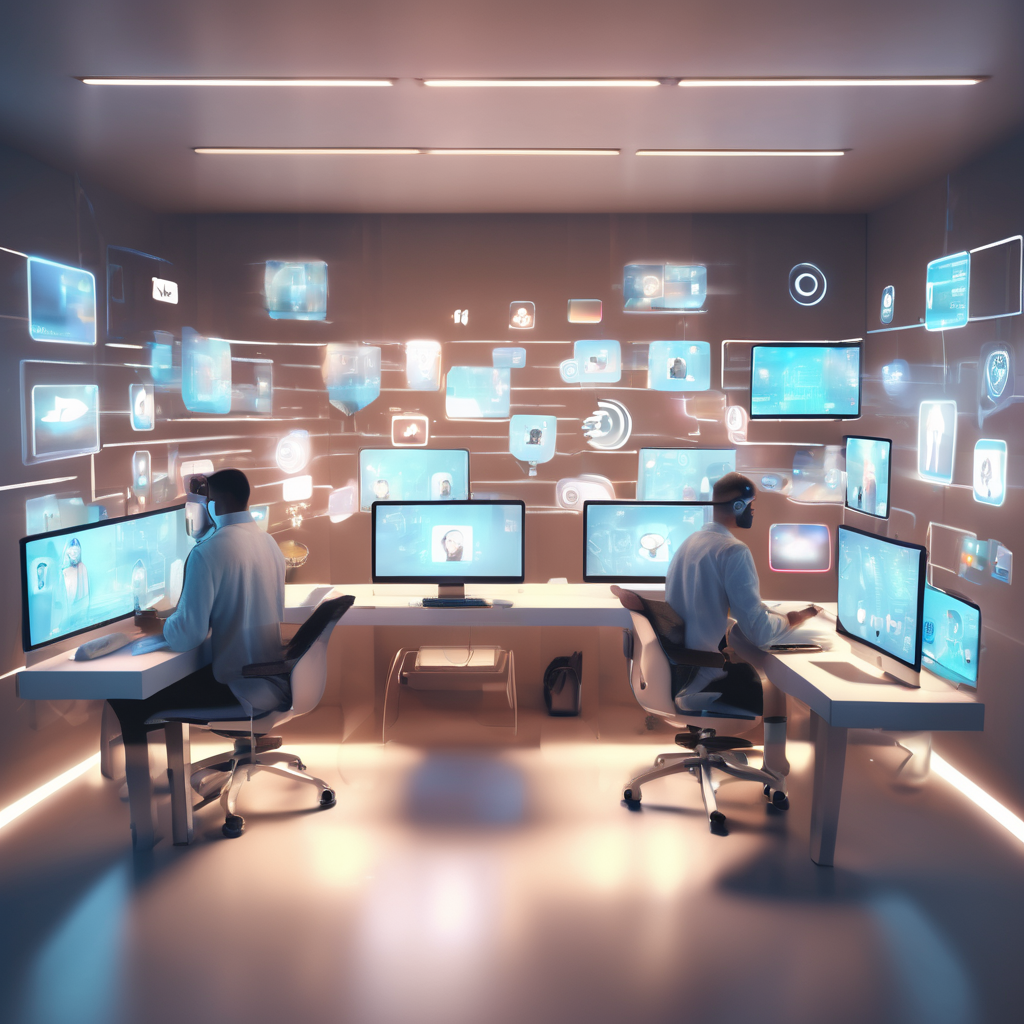
Nvidia slammed Anthropic on Thursday in a rare public confrontation over artificial intelligence policy amid the imminent implementation of U. S. chip export restrictions. "American companies should prioritize innovation and meet challenges head-on, rather than spinning tall tales about how large, bulky, and sensitive electronics are somehow smuggled within 'baby bumps' or 'alongside live lobsters, '" stated an Nvidia spokesperson. Anthropic, the AI startup supported by billions in funding from Amazon, advocated for stricter controls and enforcement. In a Wednesday blog post, it claimed that Chinese smugglers have concealed chips within "prosthetic baby bumps" and "packed alongside live lobsters. " The chip export restrictions, established during former President Joe Biden’s administration and dubbed the "AI Diffusion Rule, " are scheduled to take effect on May 15. These rules impose global export controls on advanced AI chips and model weights aiming to prevent rival nations, such as China, from gaining ground in the intensifying AI arms race. Meanwhile, former President Donald Trump is reportedly working on updates to these restrictions, injecting additional uncertainty into an already contentious policy area. Anthropic, which relies heavily on Nvidia’s hardware to train its AI models, is calling for even tighter restrictions that could curtail Nvidia’s overseas operations and revenue from chip sales. The startup emphasized that access to computing power is the crucial strategic bottleneck in the race to develop cutting-edge AI. It proposed lowering export thresholds for Tier 2 countries, reinforcing rules to curb smuggling, and boosting enforcement funding. “Maintaining America’s computational advantage via export controls is vital for national security and economic prosperity, ” Anthropic stated. In a sharply worded rebuttal, an Nvidia spokesperson criticized Anthropic’s use of policy to hamper competitiveness. “China, home to half the world’s AI researchers, boasts highly skilled AI experts across every layer of the AI stack.
America cannot rely on regulatory manipulation to secure victory in AI, ” the spokesperson said. Anthropic reaffirmed its recent public submission advocating strong yet balanced export controls designed to safeguard America’s leadership in infrastructure development and ensure that freedom and democratic values shape AI’s future, according to a company statement. Nvidia referenced the 2022 arrest of a woman attempting to carry chips into China, as well as a 2023 seizure of “computer display cards” concealed within a lobster shipment seized in Hong Kong. Nvidia CEO Jensen Huang, who met with Chinese trade officials in mid-April, stated Wednesday in Washington, D. C. that China is "not behind" the U. S. in AI and commended Huawei as a leading global tech company. “They’re exceptional in computing and network technology, possessing all the essential capabilities to drive AI advancement, ” Huang said. “They have made tremendous progress over the past several years. ”
Nvidia Criticizes Anthropic Over AI Chip Export Policy Amid US-China Tech Tensions


The Walt Disney Company has initiated a significant legal action against Google by issuing a cease-and-desist letter, accusing the tech giant of infringing on Disney’s copyrighted content during the training and development of generative artificial intelligence (AI) models without providing compensation.

As artificial intelligence (AI) advances and increasingly integrates into digital marketing, its influence on search engine optimization (SEO) is becoming significant.

MiniMax and Zhipu AI, two leading artificial intelligence companies, are reportedly preparing to go public on the Hong Kong Stock Exchange as early as January next year.

Denise Dresser, CEO of Slack, is set to leave her position to become Chief Revenue Officer at OpenAI, the company behind ChatGPT.

The film industry is experiencing a major transformation as studios increasingly incorporate artificial intelligence (AI) video synthesis techniques to improve post-production workflows.

AI is revolutionizing social media marketing by offering tools that simplify and enhance audience engagement.

The emergence of AI-generated influencers on social media signifies a major shift in the digital environment, sparking widespread debates about the authenticity of online interactions and the ethical concerns tied to these virtual personas.
Launch your AI-powered team to automate Marketing, Sales & Growth

and get clients on autopilot — from social media and search engines. No ads needed
Begin getting your first leads today